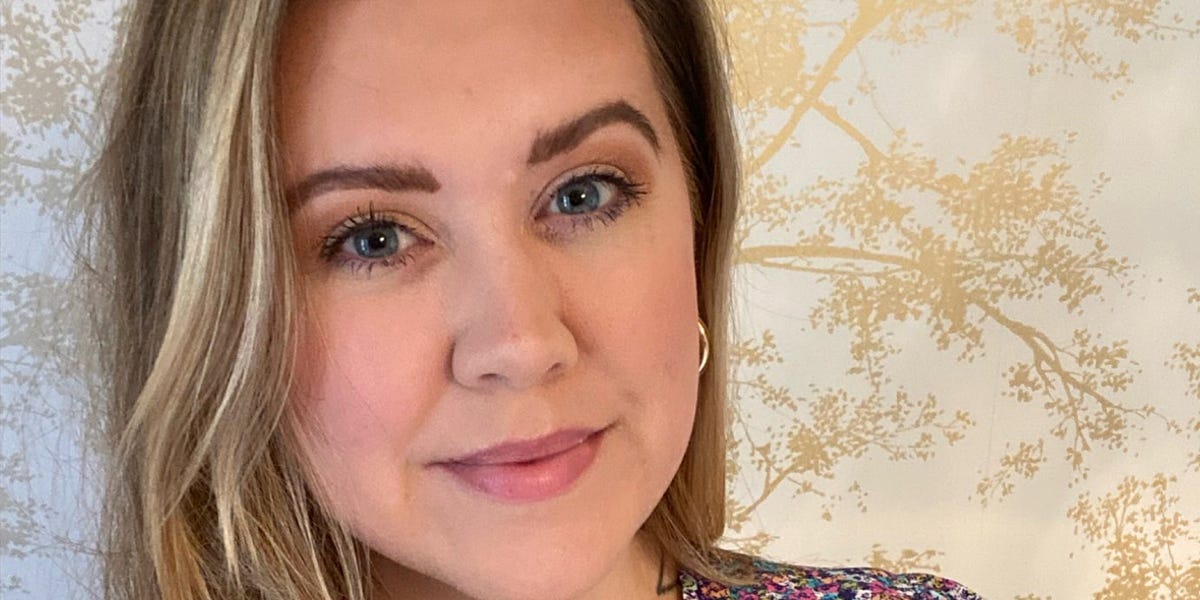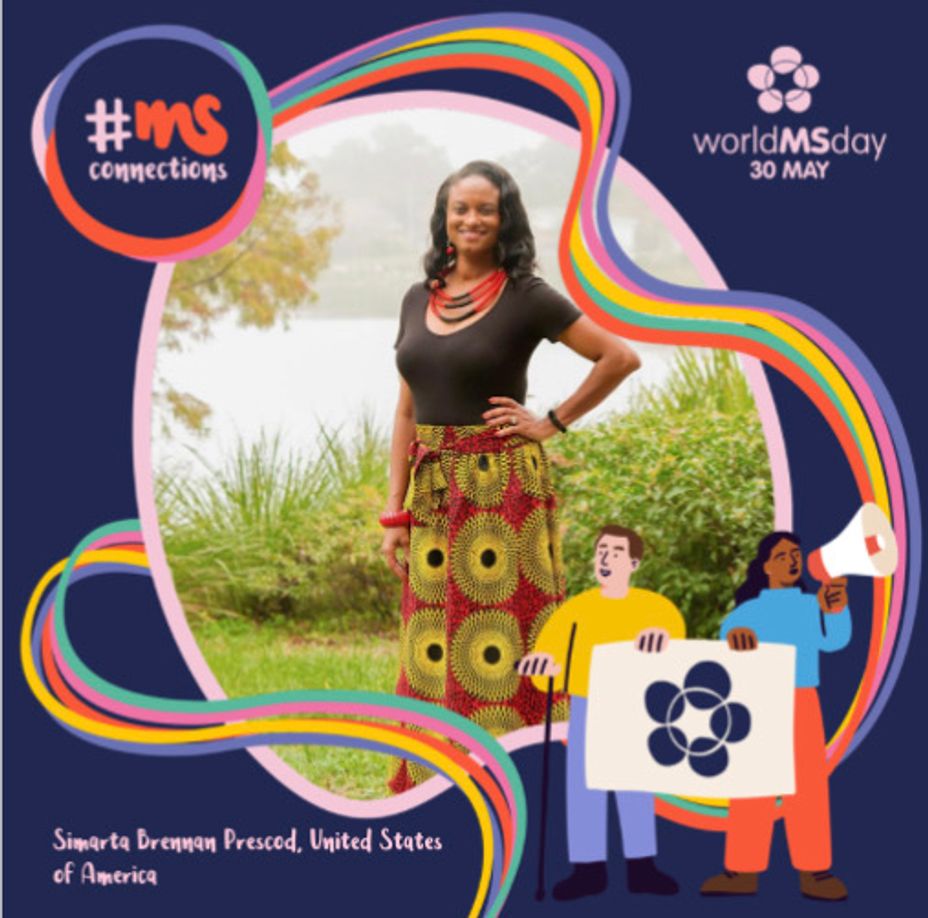New, and not sure what I'm doing, but would like to get and give support.
Hi everyone,
I'm probably not your typical new member, as my son is now 23 years old, and doing well. I am not.
When he was born, he was diagnosed with a congenital heart defect, followed by hundreds of febrile seizures daily, C.P., and reactive airway disease. The breathing issues were the most life threatening. He (and I) spent 28 months briefly out but mostly in-patient, at CHKD hospital. The next 4 years saw us gradually home more than in-patient.
Immediately, it became evident to me that the doctors DO NOT know everything. There were so many mistakes made by his health team...
At 5 days of age, I was told by his neurologist ( who I later became very close to), that my child would "never walk, talk, say "mama", and would be in a vegetative state always, if he were to survive"
My son was given his last rites four times before he was 5 months old. I was told repeatedly that he would not survive overnight.
Only other parents that have gone through similiar can understand the devastation of this journey.
I am a veteran early childhood special education teacher. I have worked with profoundly disabled children. Until my son was born, I sometimes wondered why parents would choose to keep their extremely disabled child alive via medical intervention. After his birth, all I prayed for was that he just breathe. I get it now.
I was extremely lucky. My son surpassed all negative prognosis. He has grown to be physically healthy (although heart issues are still a concern), very intelligent, and is graduating from college, after being awarded an academic scholarship.
I know I won the lottery. He will be leaving home soon, to pursue his career/life.
The thought of him not being here, where I can take care of him is crippling. He is my whole life. I cannot sleep or eat. Although I try not to, my mind will not stop imagining all the horrible things that might happen to him.
Is this normal for a parent that has raised a medically fragile child?
My daughter is 6 years older and was always healthy. I do not have these issues with her being away from my sight.
I actually feel like I need mental health help to adjust to my son leaving the "nest".
Encouragement, insight, any connection to other parents would be greatly appreciated. I do not know how to navigate this site, but will learn.
If I can help anyone else with my educational, and life experiences, I would be honored to do so.




